This has changed everything, Mike Jackson says of the pandemic — from the way we work to the way play. And few businesses have been forced to adapt more rapidly to these changes than automotive retailing. As the CEO of AutoNation, the largest U.S. auto retail network, Jackson sits at Ground Zero, though it’s a place he didn’t expect to be right now.
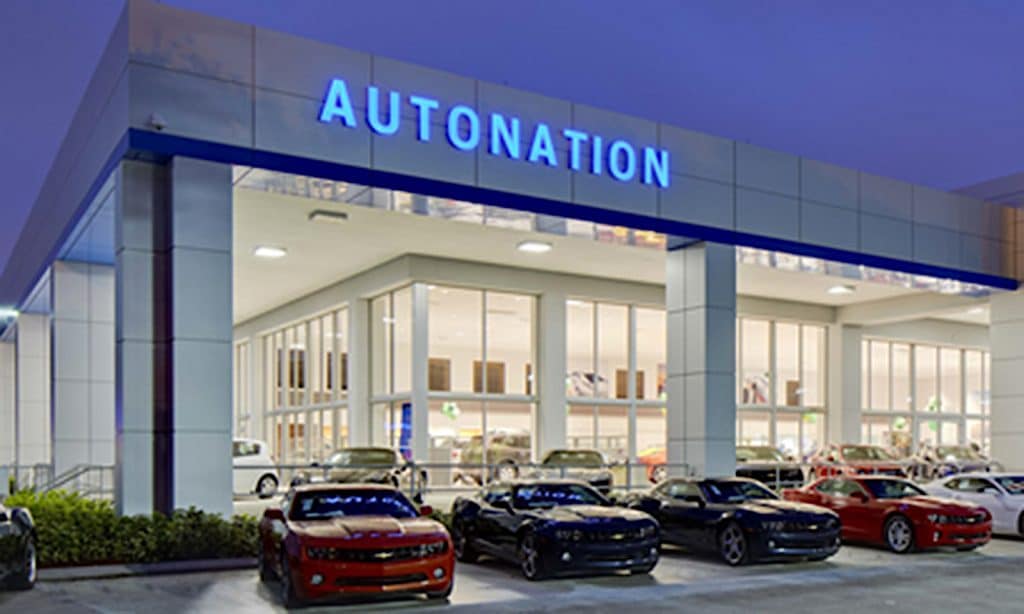
Over his 72 years, Jackson has had an unusually varied career, at one time even serving as a cook at the legendary Kennedy family compound in Hyannisport, Massachusetts. He’s been an auto mechanic. And he rose to become the highly regarded head of Mercedes-Benz operations in the U.S. before taking over the fast-growing AutoNation network.
As he was inducted into the Automotive Hall of Fame three years ago, Jackson prepared to step down, in September 2018 handing the reins to Cheryl Miller. But health issues led her to relinquish her duties and Jackson stepped back up last year. He was quickly caught up in the maelstrom of the pandemic.
Jackson took time out of his busy calendar to talk to TheDetroitBureau.com about the challenges of the past year and the way he sees the pandemic forcing long-term changes at every level of the automotive industry.
Rising auto sales
TheDetroitBureau: Let’s start out by looking at the surge in U.S. auto sales. April was amazing, some manufacturers reporting triple-digit increases. Obviously, April 2020 was pretty dim, but the latest sales numbers are still impressive. What’s your take?
Mike Jackson: The arrival of the pandemic a year ago was a shocking, scarring event for Americans. One consequence is it’s (triggered) the American sense of independence and demand for individual vehicles across the entire price spectrum, from $5,000 to $500,000. People want their own vehicles. They want to be in control and get their sense of independence back. There’s a distortion making year-over-year comparisons, but the annualized sales rate (in April) was over 18 million, and that’s very strong.
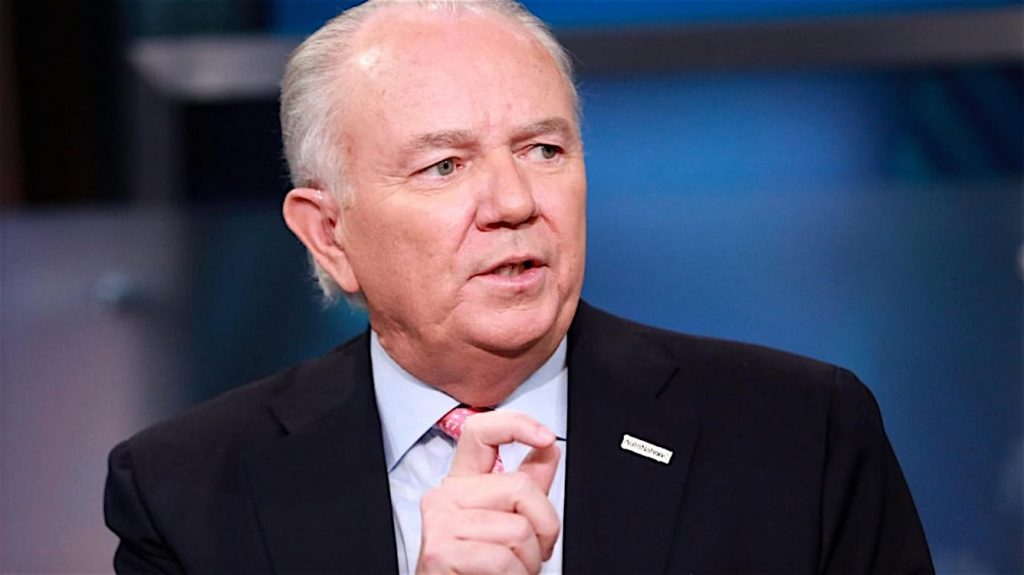
TDB: Is this just the result of people starting to get out again after a year of lockdowns and work-at-home orders?
Jackson: Something has changed. And no question, the (federal government’s) fiscal stimulus is very supportive of auto retail. We hear it from our customers every day.
TDB: I’ve heard from some dealers they’re getting folks in their showrooms who normally use mass transit and don’t even own a car.
Jackson: Absolutely true. We have people saying “I’m not getting on the train. I’m not getting on the bus. I’m not getting in an Uber. I want my own vehicle.” And these include people who haven’t owned a vehicle in 10 years. That’s one reason retail has been strong. People want their individual vehicles. And this is not something that’s going to go back to the way it was.
Rising prices
TDB: One of the other things we’ve seen is a surge in pricing compared to a year ago.
Jackson: The price point has moved higher because of this strong demand. And (one reason is) that buyers want more in their car or truck. They want more space and they want more features. There’s a reprioritization of the pocketbook by Americans who want more home and more in their personal vehicles.
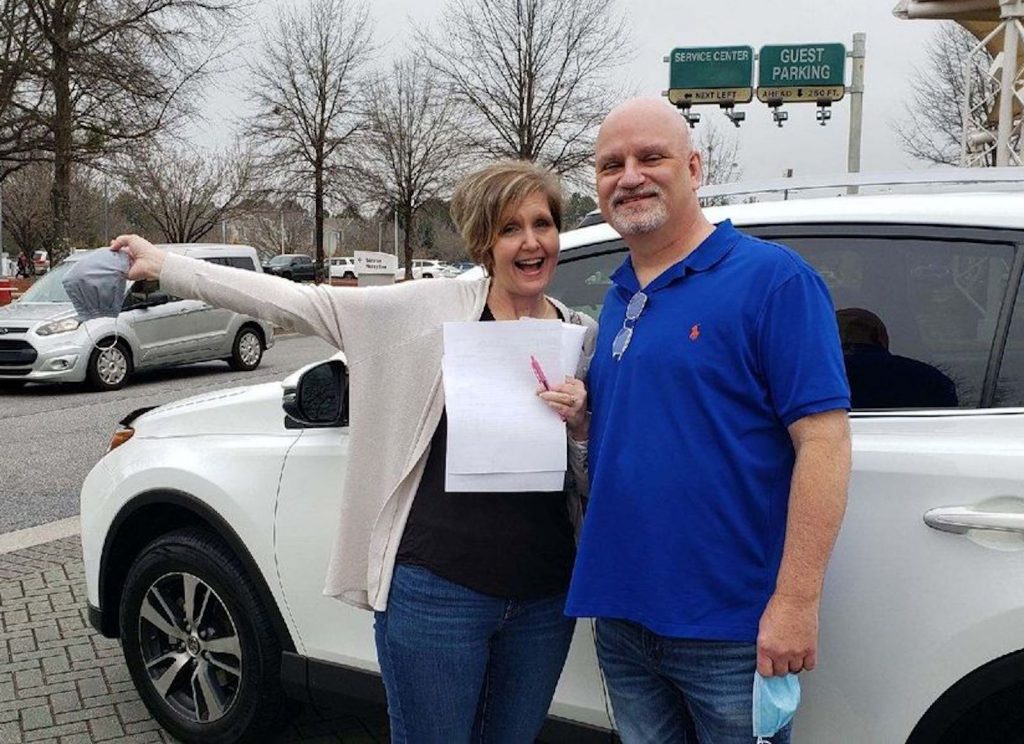
TDB: But are you concerned about the way prices have been raised over the last few years — that the industry may be pushing too far?
Jackson: You have to think about it this way. Over 50% of our transactions involve a trade-in, and they’re worth significantly more than a year ago. So, the true cost is the difference between the trade and whatever they’re buying. So, from a real point of view, the price increases are not as much as what you might think. And consumers are getting a lot more vehicle for their money.
TDB: The challenge is finding the vehicle you want. For years you’ve been one of the people saying we need to rethink the idea that dealers should have 60 to 70 days of inventory in stock. But now we’re seeing shortages and buyers often have to wait. Yet that may not be as bad as it seems.
Jackson: I think there’s been a very intelligent epiphany for the industry. Overproduction has been ruinous for the industry for decades and has hurt brands. It’s hurt resale values. The list of sins from undisciplined, overproduction is almost endless. The idea of holding down inventory has been viewed as a nice theory. Now, there’s a serous conversation and the industry is saying that maybe this is a better way to run the industry.
Changing the business model
TDB: What about customers who can’t find what they want on one of your lots?
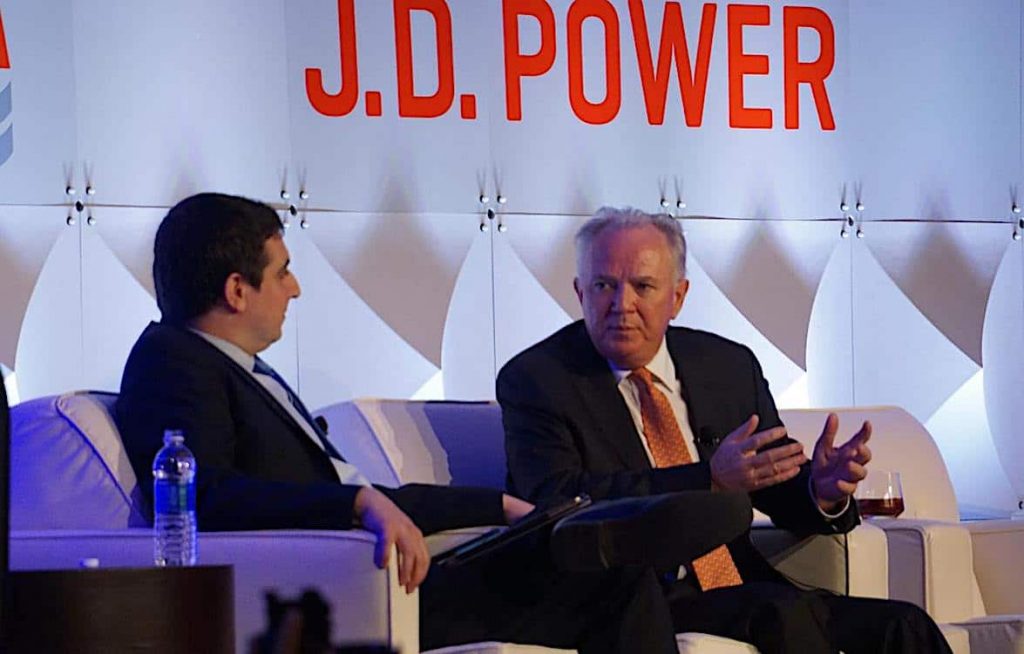
Jackson: So, we’ve listed about 75,000 vehicles on our website, everything we have coming, everything that a manufacturer has told us they will produce for us and ship to us. The website flags things like when a vehicle is in transit and coming. We have never sold so much (that way) as in the past year and people like it. They’re willing to wait two, three, four, six weeks until their vehicle comes in. You just have to make it transparent to the consumer, everything that’s in the pipeline, and let them choose. They’re happy to give you a deposit and wait to take delivery.
This is a remarkable development and while the pandemic is something no one ever would have wished for, it is teaching lessons that could be a major benefit for the industry. There are some existential issues that this pandemic has confronted the industry with.
TDB: The shortage of dealer inventory can also be blamed on the semiconductor shortage, though…
Jackson: That is definitely also a result of the pandemic. People are putting more into their home. They want more electronics, so much of the chip production is going into everything for the home. So, you have competition with the auto industry as there’s simply not enough chip production capacity. It’s going to take quite some time to resolve this.
TDB: How much does that hurt you as a dealer network?
Jackson: Automotive retailers have demonstrated once again how resilient and resourceful they are. During the pandemic, 96% of (AutoNation) employees came back to work every day, strapped on their masks and came to work. We saw the lag (product shortages) coming and massively accelerated our purchase of pre-owned vehicles, and that business was up 28% the last quarter. We’re able to adjust to various pressures in the marketplace and do quite well.
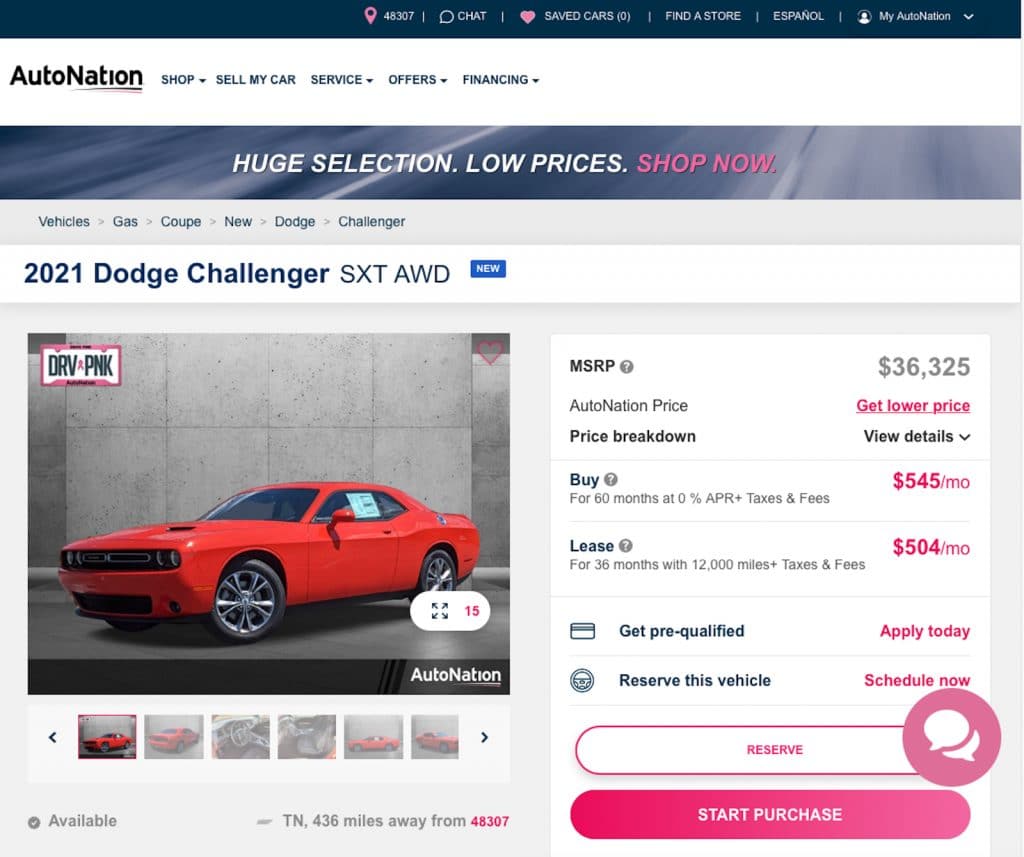
TDB: But aren’t the shortages going to mean a slowdown in the months ahead and a hit to the recovery?
Jackson: It’s not so clear. It depends how severe the shortages are and how much lower we can take inventory.
TDB: So, the traditional norm has been a 60- to 70-day supply of vehicles. What are you at now?
Online sales
Jackson: I think we’re in the mid-30s, something like that.
TDB: Let’s wrap up by talking about the shift to online sales. How much has that changed the way AutoNation works, and where do you see things going in the next few years?
Jackson: We’ve made a significant investment in our digital capabilities. And, lo and behold, we had this inflection point towards digital with the pandemic. So, 50% of our business now is originated on our digital platform and that’s going from low 30s within one year. And I don’t think there’s any turning back. I think that’s where Americans want to be because that’s where they’re comfortable. Many want to move back and forth between the digital world and still come in and test drive and take delivery. That’s fine. We can do all that. (Dealers) need to be able to move seamlessly back and forth between two worlds with a digital platform. That’s what you need to compete at automotive retail today.
TDB: It seems like everything has changed.
Jackson: I’m telling you this (pandemic) was a scarring event and people are going to live, work and travel differently. Part of that is a bigger, more comfortable home and people want a personal vehicle.







